It began — as these things often do — on Twitter. Houston Rockets General Manager Daryl Morey tweeted a picture “Fight for Freedom. Stand with Hong Kong” on Oct. 4. What started as a pro-democracy tweet by an executive most NBA fans couldn’t pick out of a lineup quickly turned into a firestorm at the intersection of sports and politics. In doing so, the fans have provided the current generation of superstars a battleground for protest in which there’s real cash at stake — and the ramifications will affect all future political speech coming from the sports world.
Activism is nothing new in sports, but the current generation of superstars have avenues to express themselves that were inaccessible to those before them. But that trend has been coupled with a rapid monetization of players’ public personas. There is no better example of this than LeBron James’s recent attempt to trademark “Taco Tuesday.” Combined with the NBA’s rise globally, it was only a matter of time before politics and finance came into conflict.
Which brings us back, of course, to Daryl Morey. Within days, the Rockets joined Winnie the Pooh and Tiananmen Square among the casualties of the Great Firewall of China; China Central Television and Tencent Holdings Limited stopped airing Rockets games, and the Chinese government asked the NBA to fire Morey. When the league refused, every Chinese sponsor terminated their deals, and the TV ban extended to all games. While that ban has now ended, the Rockets remain off the air.
As for the NBA ecosystem, the responses have been mixed. Golden State Warriors head coach Steve Kerr and star player Stephen Curry gave noncommittal statements, despite being on the forefront of the league’s political zeitgeist. Rockets star James Harden even apologized for Morey’s comments. But the most inexplicable comments came from the greatest current NBA player, James, who criticized Morey as “uneducated” on the issue and for being selfish by risking league interests.
It might be too far to call players hypocritical, as some have, for being vehemently anti-Trump — James famously called the president “U bum” in a 2017 tweet — and yet remaining silent about China. After all, one can sense players’ discomfort when asked about a foreign protest movement they’re likely uninformed about. But it delegitimizes future NBA activism — most of it being positive — if players submit to such a clear attack on the league.
As for James, Fox News’s Laura Ingraham was wrong to say he should just “shut up and dribble” last February. But that would’ve been preferable to James’s comments, who condemned Morey, while those in Hong Kong, Xinjiang, and across China face draconian human rights violations daily speak louder than LeBron ever could.
It’s futile to ask billion-dollar corporations to worry about anything other than their bottom lines, even the NBA. But the players face a responsibility today that they will often face again, and appeasement can only defer it. Maybe it’s unfair to make this comparison, but since James was willing to monetize “shut up and dribble” into a documentary of that name about the history of sports activism, it’s one he’s welcomed. Muhammad Ali gave up the prime of his career to protest the draft. Colin Kaepernick lost his career protesting police brutality. Tommie Smith and John Carlos were expelled from the 1968 Olympics for protesting racial injustice. To James, it seems Space Jam 2 was more important. But to the rest of the league, we can only ask: What are you willing to lose?


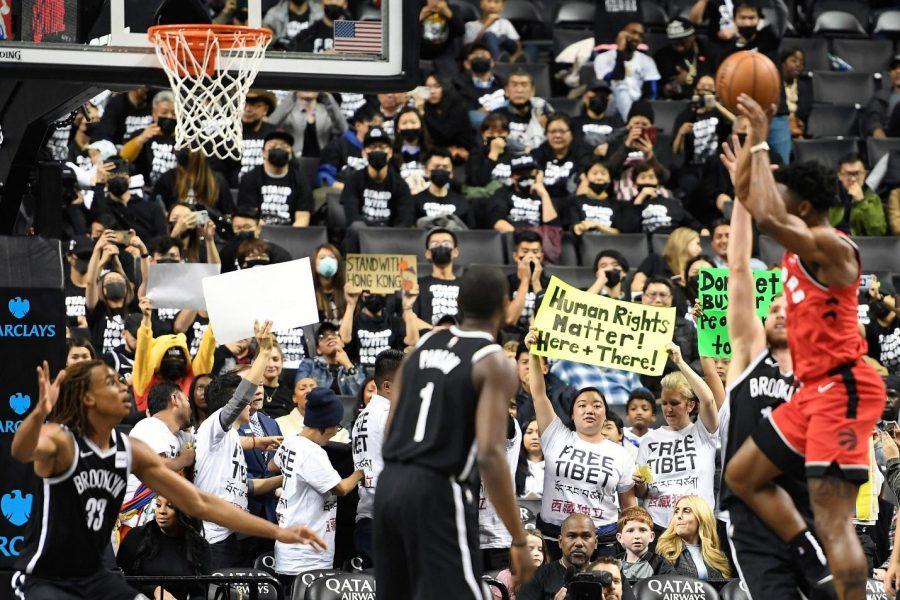
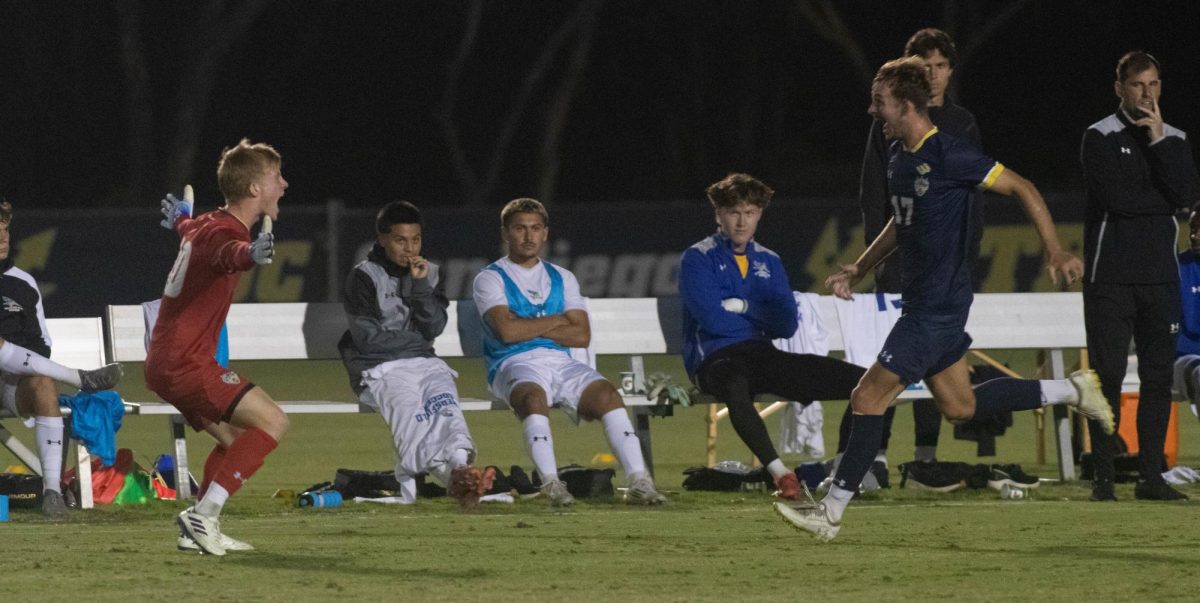
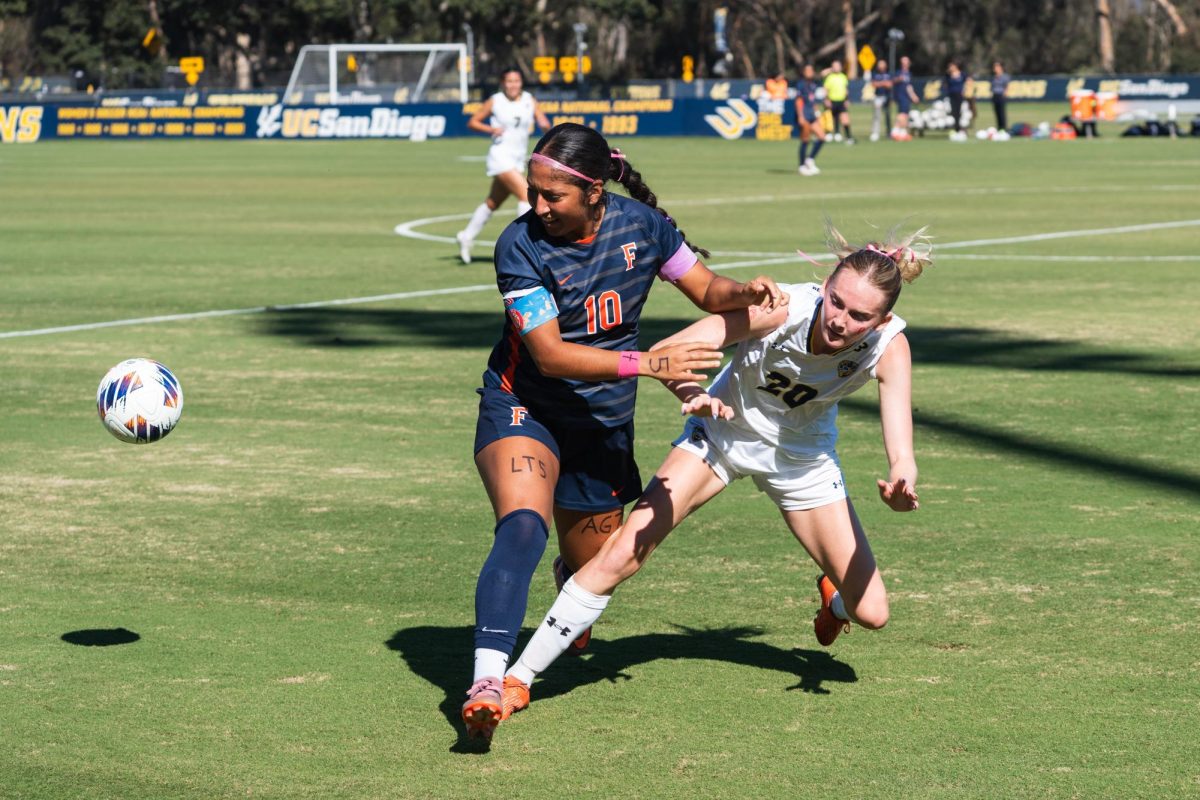
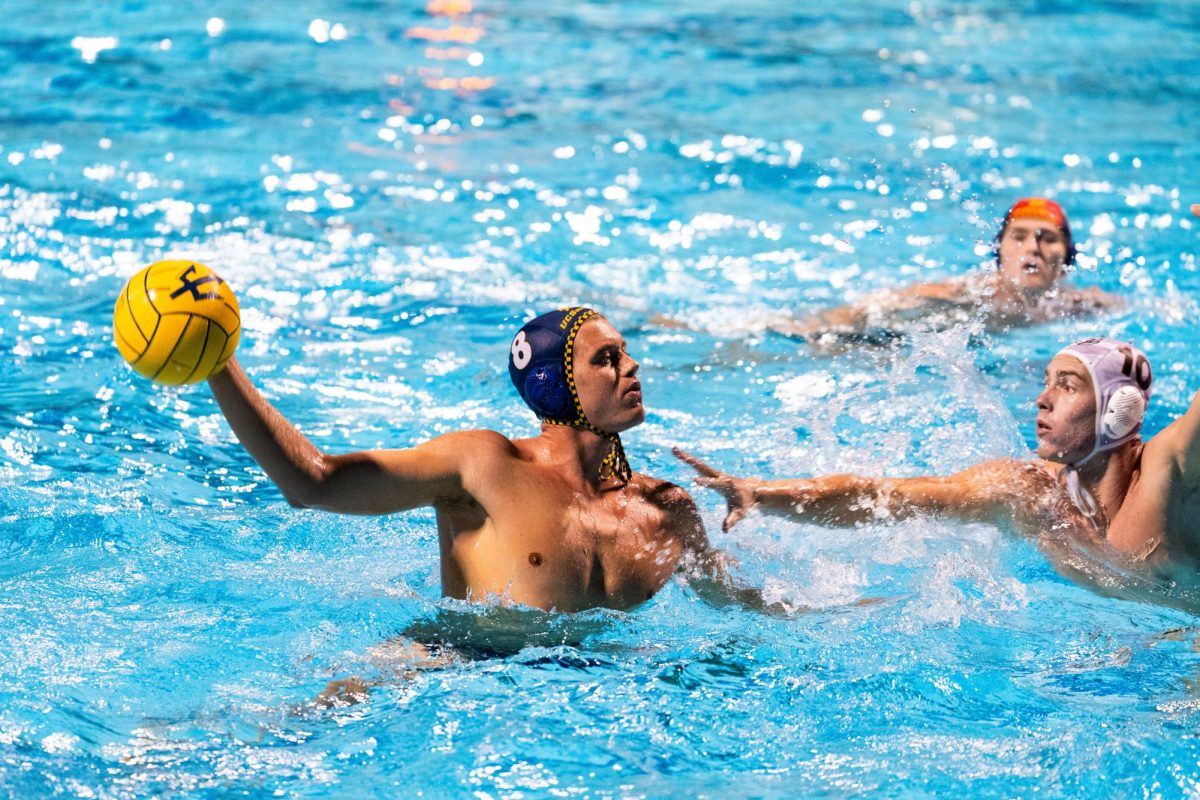
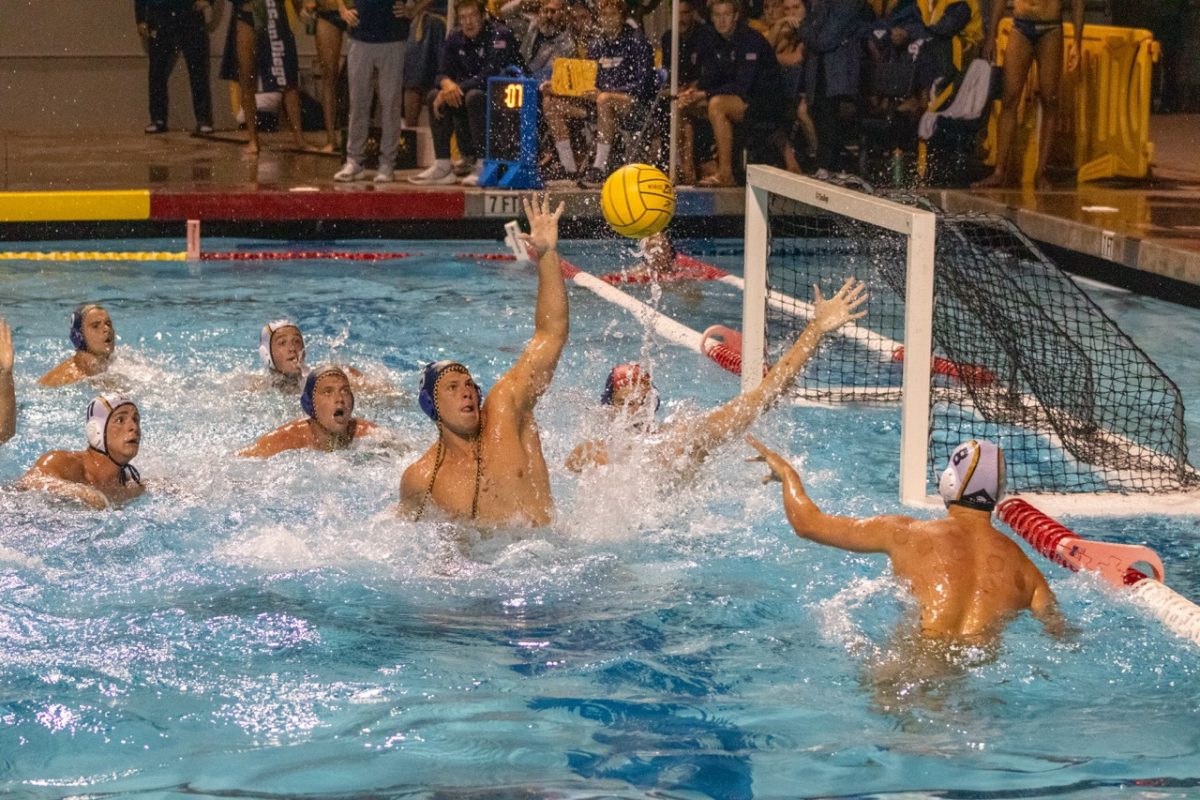
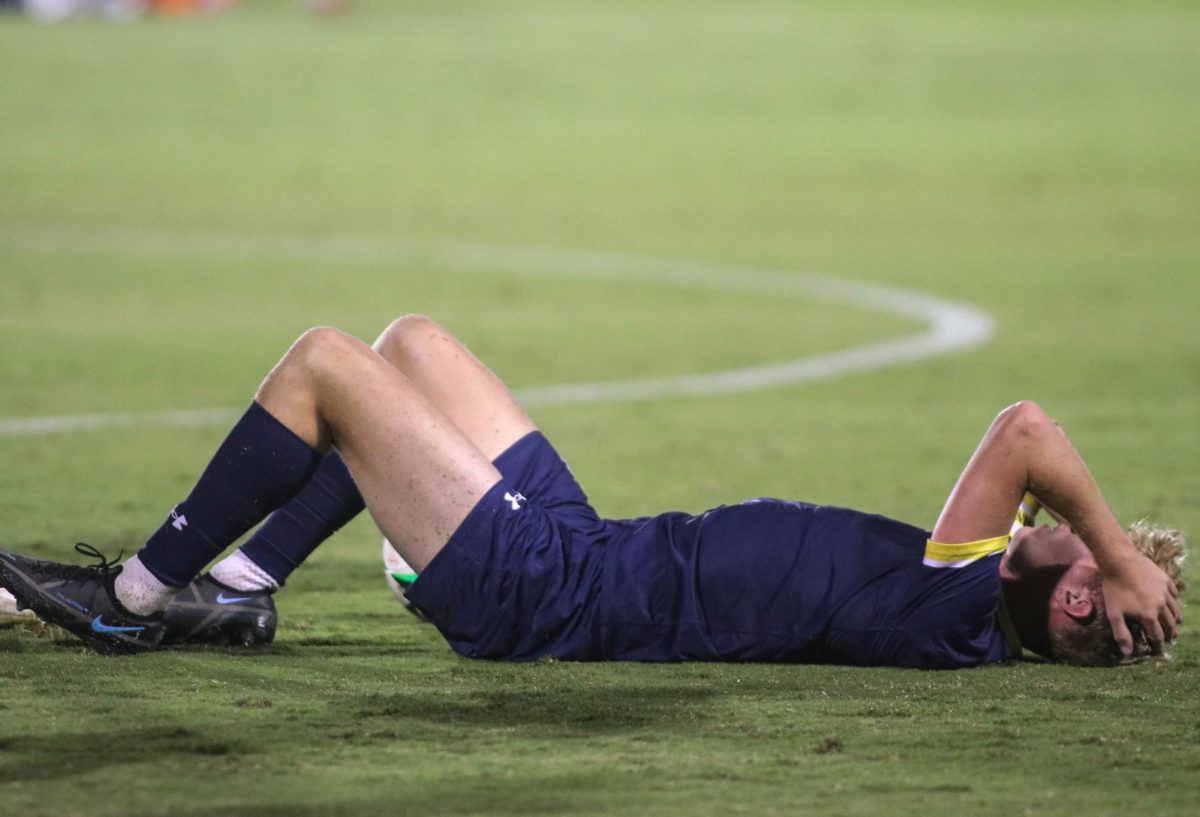
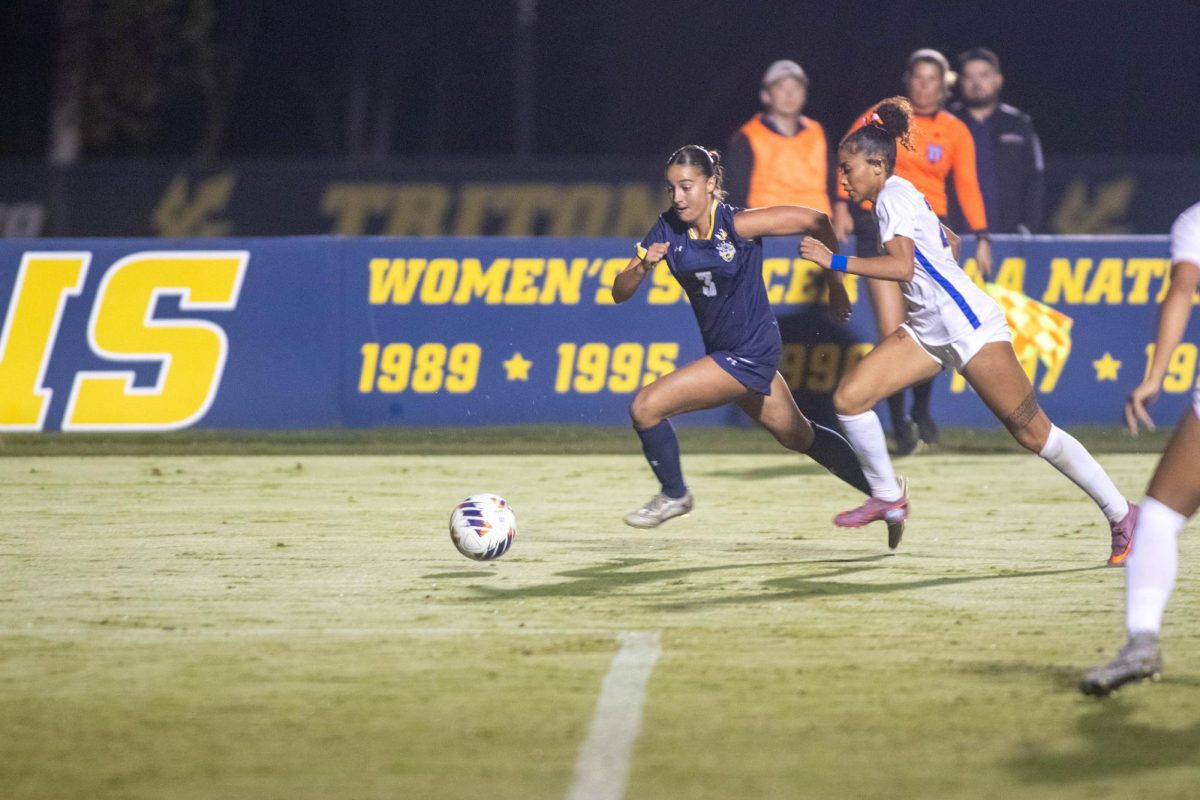






Sree • Nov 2, 2019 at 1:14 pm
Wow, very well written